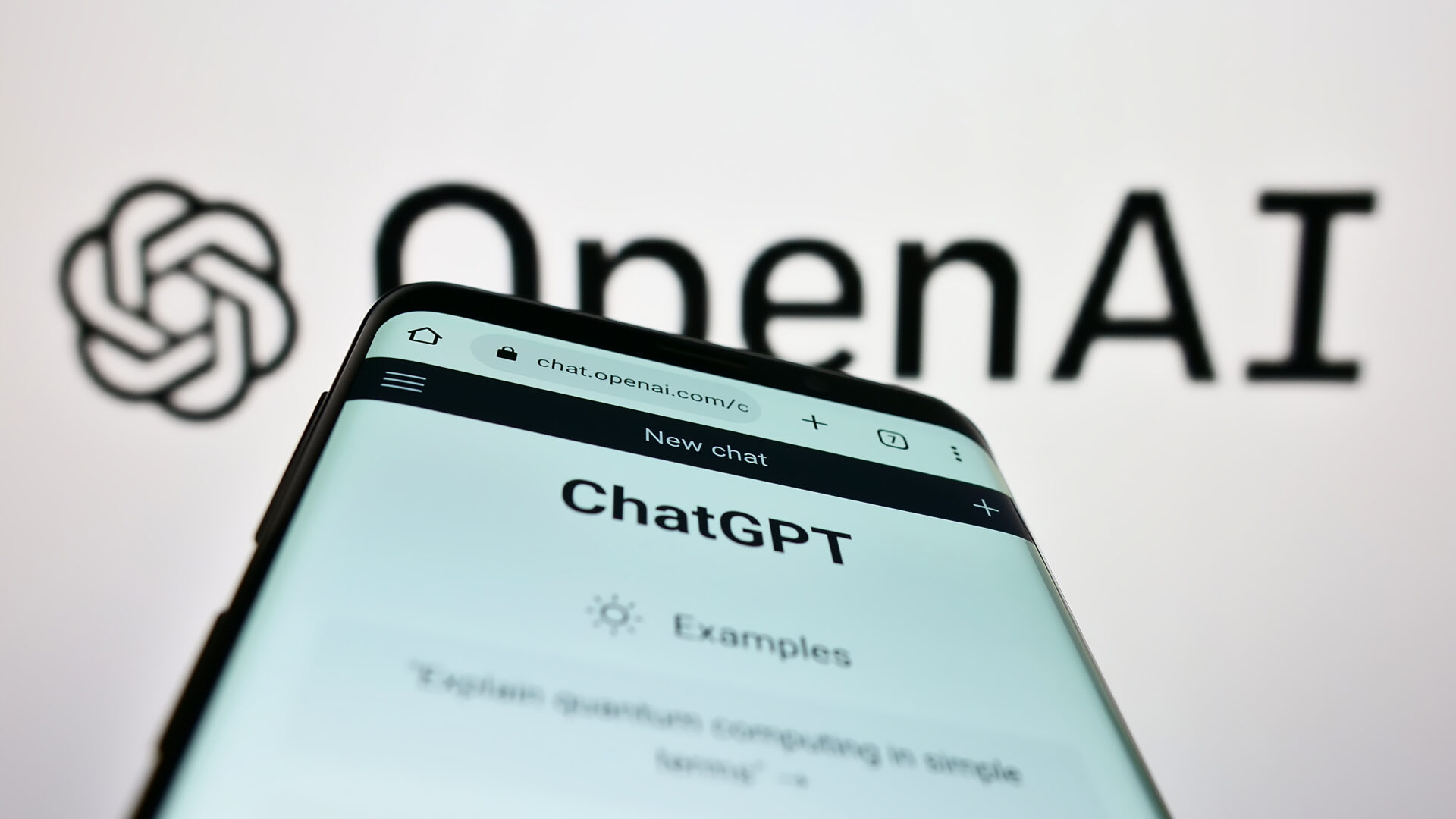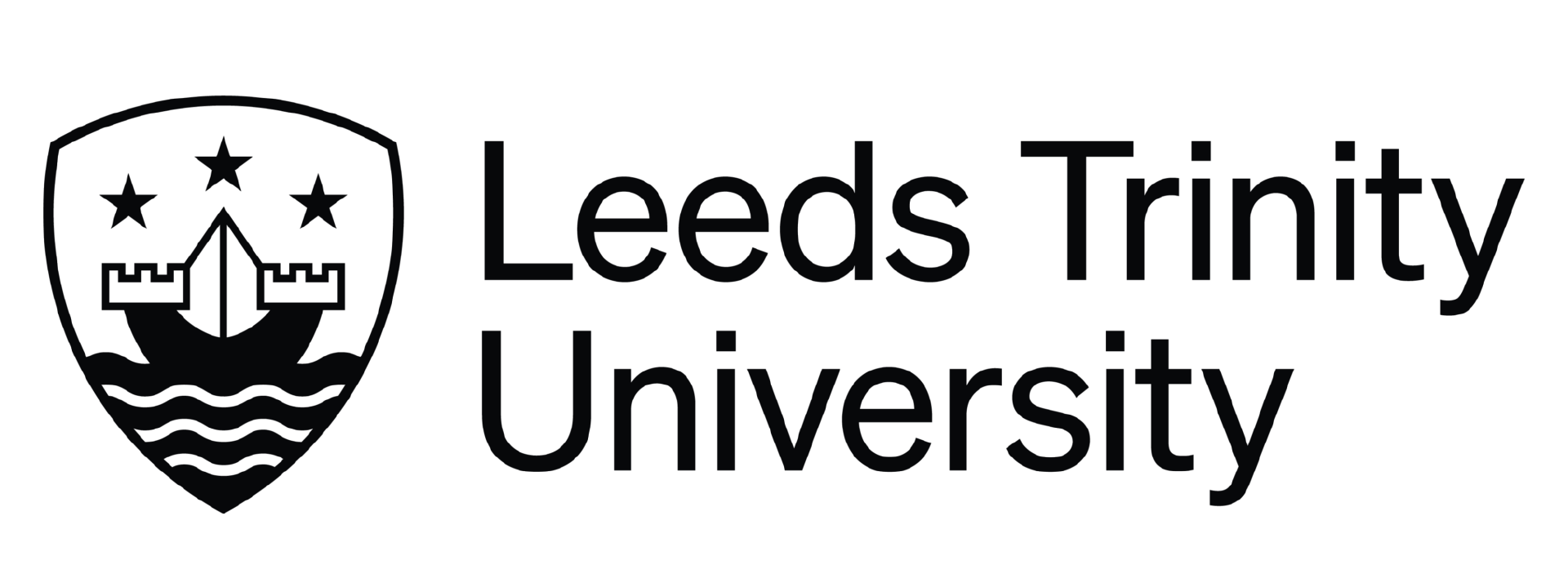Dr Richard Whittle, Co-Investigator and Chief Policy Fellow, Y-PERN
In November 2022 ChatGPT was launched. ChatGPT is an Artificial Intelligence (AI) Chatbot built on OpenAI’s Generative Pre-trained Transformer class of language models and it rapidly developed popularity for its detailed answers, its articulate and creative responses, and not in the least as its answers could be easily shared across social media. The AI Chatbot space is particularly competitive with releases such as Google’s Bard offering comparative functionality.
ChatGPT has brought Generative Artificial Intelligence to widespread public attention. Generative AI, is a subset of artificial intelligence, which harnesses machine learning (ML) to create new content. This content is created via prompts from the human user. For example we can prompt ChatGPT to write a sonnet in the style of William Shakespeare. I think ChatGPT’s Sonnet of Time and Love is a decent approximation of an original sonnet:
“In gentle whispers doth the zephyr sing, A melody that stirs the slumbering dawn. The sun ascends the sky on golden wing, And paints with light the dew-kissed emerald lawn.
The rose in bloom doth blush at lover’s gaze, Its scent perfumes the soft and balmy air. In nature’s beauty, find we endless praise, A testament to life’s charm, rich and rare.
Yet, time, relentless, turns the hourglass sand, And all must yield to his unyielding flow. Yet in our hearts, love’s flame forever stands, Defying time’s cruel march, its ebb and flow.
So let us cherish each unfolding day, For in love’s light, we find the truest way.”
A few plugins (a piece of software which adds functionality to an existing application) later, generative AI can act as your virtual assistant, complete complex coding tasks from scratch, design tailored fitness and nutrition plans, manage numerous customer support tasks, and much more. None of this is perfect and the propensity for these tools to confidently provide incorrect responses, is well documented. Regardless, ubiquitous and highly efficient generative AI is in all likelihood imminent. Policy makers need to be aware of what this means and how to prepare for it.
The rise of generative AI necessitates a re-evaluation of existing policies and regulations. Intellectual property rights, for instance, become blurred when AI can generate original content. Policymakers need to address questions such as who owns the rights to AI-generated content and how to manage AI’s possible misuse, the potential for an explosion in deepfakes, misinformation and scams needs urgent practical policy consideration. Moreover, privacy and data protection concerns arise as generative AI often requires vast amounts of data for training. Policies must ensure that data used for AI is obtained and used ethically and responsibly.
The optimistic economist’s position that Generative AI is poised to boost productivity significantly by automating routine tasks, thus freeing up human time for more complex and creative tasks, is unlikely to be perfectly realised. However, this shift requires a corresponding change in the skills that are in demand. There will be a growing need for AI literacy across all job roles. Not everyone needs to be a highly skilled data scientist, but understanding the basics of AI and its implications will be as essential as digital literacy is today. Worryingly digital literacy in the UK is a concern with an estimated 59% of the UK workforce unable to complete the full range of digital tasks judged by the UK Government as “essential for the workplace”. Furthermore, skills in AI ethics, data privacy, and security will also be in high demand.
While there are concerns that AI could lead to job displacement, it’s important to remember that every technological revolution has led to the creation of new jobs even as it made others obsolete. The rise of generative AI will likely create new roles that we can’t fully envision yet. I will return to this question in my next blog. I am far from a technical pessimist, yet I fear the UK’s current economic position could result in a much more significant negative impact on labour than the traditional techno-optimist position. Technology is not inherently complementary or substitutive, it is the wider conditions that count.
However, even with new role creation and AI supporting workers, the transition could be very challenging. Policies must be in place to support those whose jobs are most at risk. This could include retraining programs, income support, and initiatives to promote entrepreneurship and innovation in AI-driven fields.
Generative AI has the potential to revolutionize industries from manufacturing to entertainment. Companies can leverage AI to design products, optimize supply chains, personalize marketing, and much more. Yet, to fully realize these benefits, a comprehensive industrial strategy is needed. This includes investing in AI research and development, promoting collaboration between academia and industry, and ensuring that companies of all sizes have access to AI tools and the skills needed to use them.
Conclusion
Generative AI presents a world of opportunities, but also significant challenges. As we navigate this new landscape, it’s crucial that policymakers, educators, businesses, and individuals work together to shape a future where AI is used ethically and responsibly, and where its benefits are widely shared.













